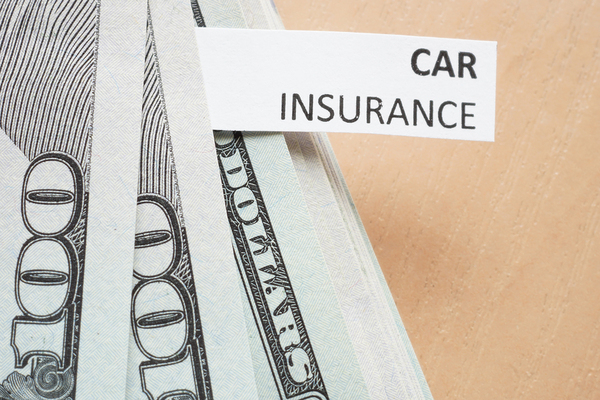It seems like almost every day, there’s at least one story in the news about education in America. One day it’s about underfunding of public schools, and the next it’s about overwhelming college debts. One week, experts stress the importance of a college degree in the job market … and the next week they bemoan how unprepared college graduates are for the workplace.
Here’s another recent topic : people who are well educated often pay less for auto insurance.
 It’s true. A recent study conducted by the Consumer Federation of America found that some insurance companies charge anywhere from 12% to 45% less for auto coverage to customers with a college degree. In addition, drivers with graduate degrees or doctorates often pay less than their bachelor’s degree counterparts.
It’s true. A recent study conducted by the Consumer Federation of America found that some insurance companies charge anywhere from 12% to 45% less for auto coverage to customers with a college degree. In addition, drivers with graduate degrees or doctorates often pay less than their bachelor’s degree counterparts.
Not surprisingly, there are some who are upset that better educated drivers get lower rates. The CFA’s executive director, Stephen Brobeck, claims that the higher rates for people in working class jobs place an additional strain on the finances, because jobs without a college degree tend to pay lower wages.
So why exactly are auto insurers charging higher rates to less educated drivers? The answer is simple: because they tend to be riskier drivers. And statistics bear that out.
Two states, Maryland and New Jersey, convened lawmakers to take a closer look at the practices of certain insurers — specifically, whether these firms were justified in differentiating premium amounts by education level. Both probes concluded that not only was this practice lawful, but also that the relationship between education and claims risk was actuarially sound. In plain English, this means that insurance companies had the numbers to back up the assertion that more-educated drivers tend to file fewer and less-costly auto insurance claims.
 It should be emphasized that auto insurers base rates for customers on a wide range of factors. Many of them — like driving record, driving experience, and annual mileage driven — are usually weighed more heavily than what’s written on a diploma or a degree. In the Maryland study, the insurer being examined revealed that education only resulted in a maximum difference of one “pricing tier” — meaning that the difference in premiums between one person with a college degree and another with a high school diploma wasn’t substantial but was more.
It should be emphasized that auto insurers base rates for customers on a wide range of factors. Many of them — like driving record, driving experience, and annual mileage driven — are usually weighed more heavily than what’s written on a diploma or a degree. In the Maryland study, the insurer being examined revealed that education only resulted in a maximum difference of one “pricing tier” — meaning that the difference in premiums between one person with a college degree and another with a high school diploma wasn’t substantial but was more.
What Can You Do About It?
It looks like education will continue to be a factor in setting auto insurance rates for the near future. So how can drivers who haven’t graduated from college keep their premiums low? Here are a few suggestions:
• Look for discounts. Unions, trade groups, and auto clubs often offer car insurance at a discounted rate for its members.
• Keep your driving record spotless. Accident and moving violation history is still one of the top determinants for auto insurance rates, so drive safely and responsibly.
• Drive fewer miles. Cut your annual mileage by carpooling, taking the bus or train, or telecommuting to your job. You’ll save money on your premiums as a result.
• Tweak policies. You can cut your insurance costs by raising your deductible, dropping non-mandatory coverage, or bundling policies with a single company.
• Contact Auto Insurance Specialists. They will comb the market and find you multiple quotes for coverage, so you can choose the one that best suits your needs, at a price that won’t hurt our budget!
This content is offered for educational purposes only and does not represent contractual agreements. The definitions, terms and coverage’s in a given policy may be different than those suggested here and such policy will be governed by the language contained therein. No warranty or appropriateness for a specific purpose is expressed or implied.

